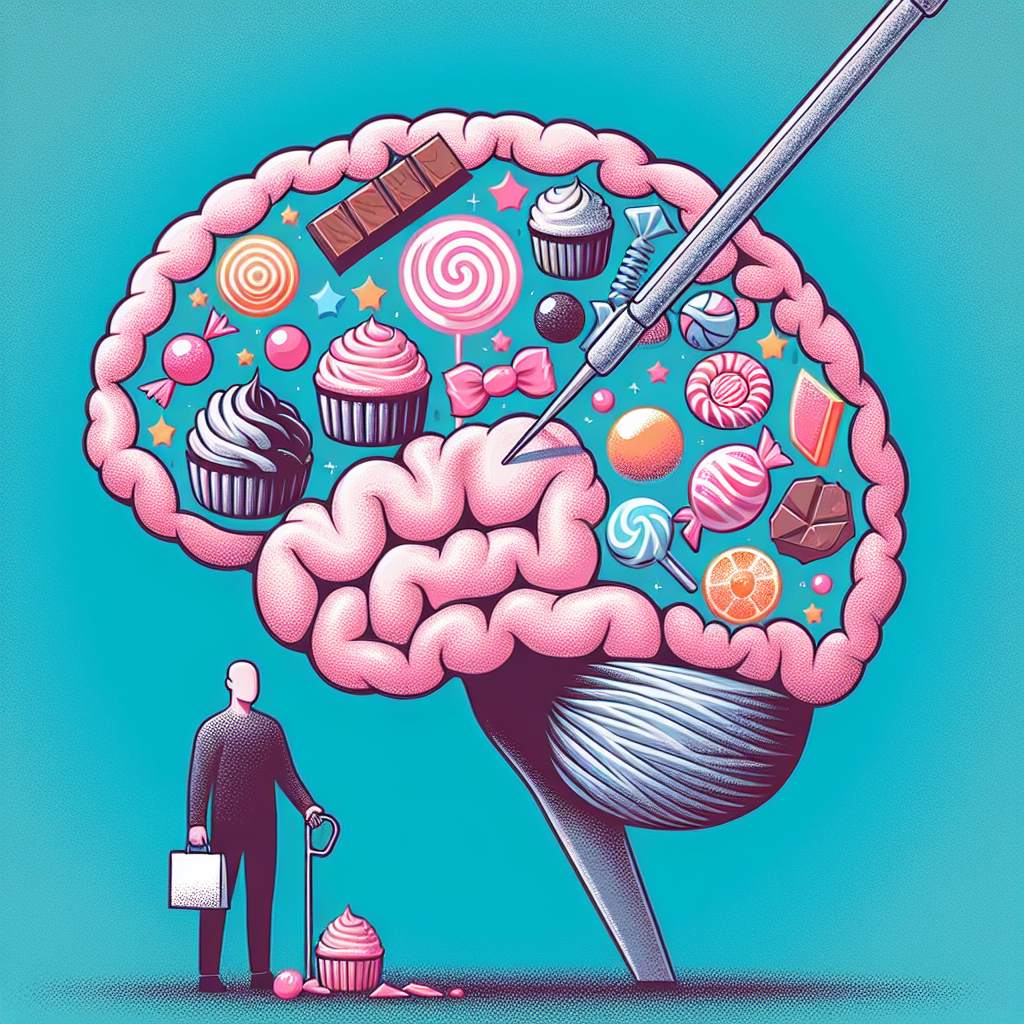The preference for less sweet beverages after bariatric surgery appears to be linked to a reduced brain reward response to sweet tastes, without affecting sensory regions. Previous research suggested that people who undergo bariatric surgery tend to prefer less sweet foods afterward, but the mechanisms behind this change were not well understood.
This observational cohort study aimed to explore the brain’s reward response to sweet tastes before and after bariatric surgery. The study included 24 women with obesity who underwent bariatric surgery, and 21 control participants who were normal-weight or overweight. The participants’ average age was 43 years, and 75%-81% were White. They underwent sucrose taste tests, and functional MRI (fMRI) scans were used to measure brain responses to different concentrations of sucrose solutions. The fMRI scans were conducted before the surgery and approximately 3-4 months after surgery for those who had lost around 20% of their body weight.
The results showed that the perceived sweetness intensity was similar between the bariatric surgery and control groups, both before and after surgery. However, the average preferred sweetness concentration decreased significantly in the bariatric surgery group.
The researchers concluded that both the brain’s reward response to sweetness and the subjective liking of sweet tastes declined following bariatric surgery. The study was led by Jonathan Alessi at the Indiana University School of Medicine and published in the journal *Obesity*.
Despite these important findings, the study had limitations: the sample size was relatively small, and the follow-up period was short, partly due to the COVID-19 pandemic. Additionally, the study only included women and did not measure sugar or sweetened food consumption, which could have provided further insights into dietary behavior changes after surgery.
The study was funded by the American Diabetes Association, the Indiana Clinical and Translational Sciences Institute, and the National Institute on Alcohol Abuse and Alcoholism. Three of the authors disclosed financial relationships with pharmaceutical companies outside the scope of this study.




